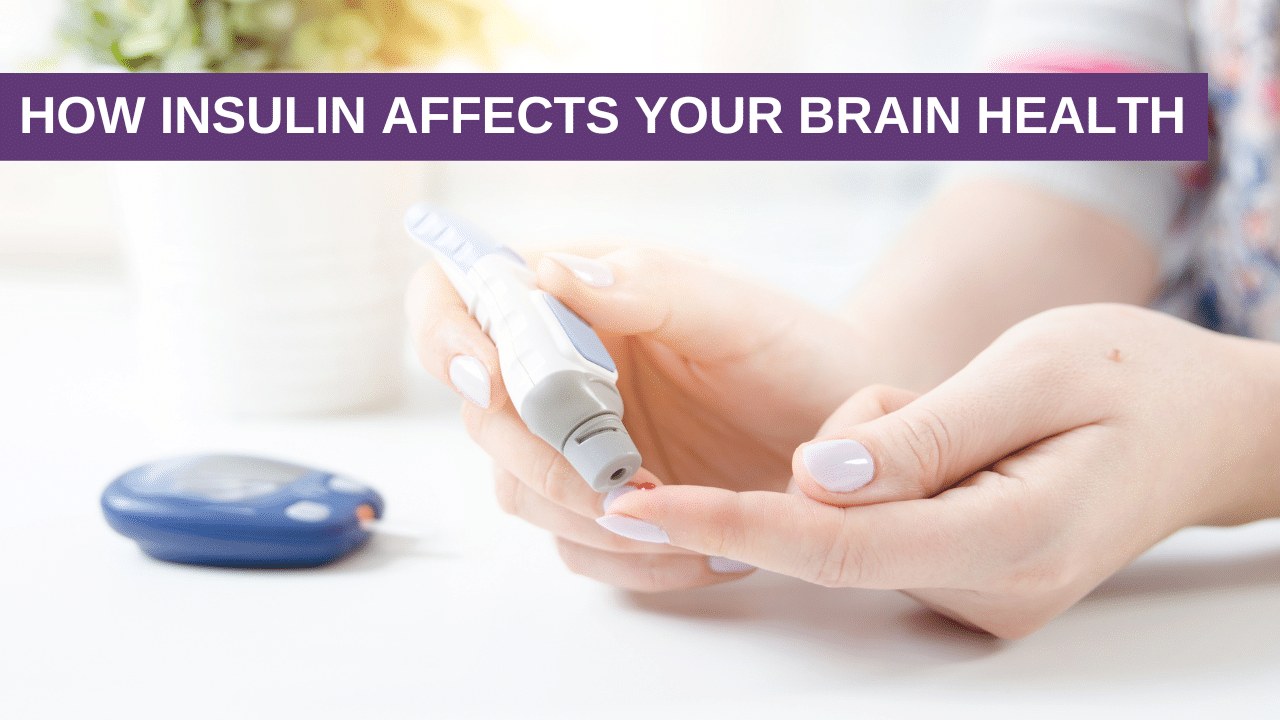How does insulin affect your brain health?
Let’s talk about it.
Although the brain has been long considered an insulin-dependent organ, recent research shows that insulin significantly affects the brain. Specifically in the hypothalamus where it plays a role in maintaining glucose and energy homeostasis – or balance.
Your hypothalamus works hard to avoid peripheral insulin resistance in your body to prevent insulin resistance in your brain.
Your hypothalamus works to maintain its own glucose metabolism and insulin sensitivity.
One way it does that is to make vital energy by controlling food intake.
Appetite is under hypothalamic control – as it receives information from your gut via the autonomic nervous system as well as gut hormones. Your hypothalamus is the part of the brain most sensitive to insulin, glucose, and glucagon.
Your hypothalamus’ sensitivity to glucagon is how the newer anti-obesity drugs, the glucagon receptor agonists, work. The responsibility of the hypothalamus is to control how much you eat and how sensitive you are to insulin, so that the tissues in your body and your brain are making and getting enough energy.
The most dense insulin receptors are located in the hypothalamus. When those insulin receptors are disturbed or the hypothalamus becomes insulin resistant, inflammation occurs which leads to metabolic diseases including obesity, diabetes, arteriosclerosis, and a variety of metabolic syndromes.
The good news is that exercise can help to stimulate insulin sensitivity both in your body and in your brain and start to balance out energy production. Nutraceutical hypothalamic support is also important to optimize hypothalamus function and sensitize it to insulin. The specially formulated phytonutrients and amino acids in Genesis Gold® helps reduce hypothalamic insulin resistance.
If you have any questions about insulin in your brain, please join me in our Hormone Reboot Training.




0 Comments